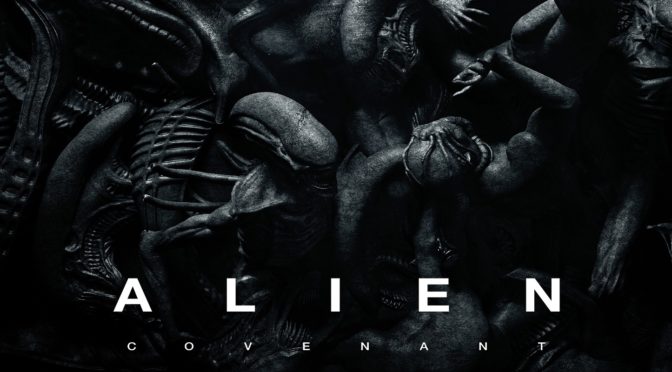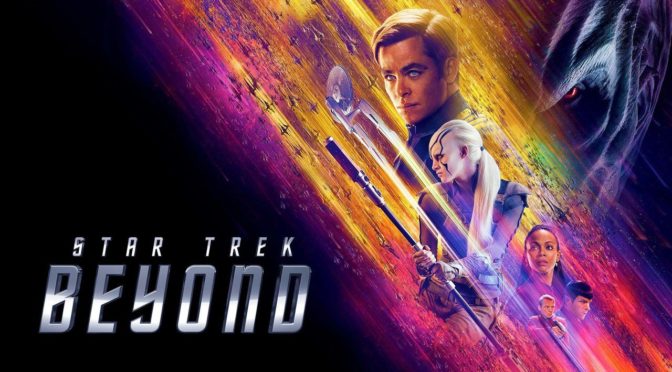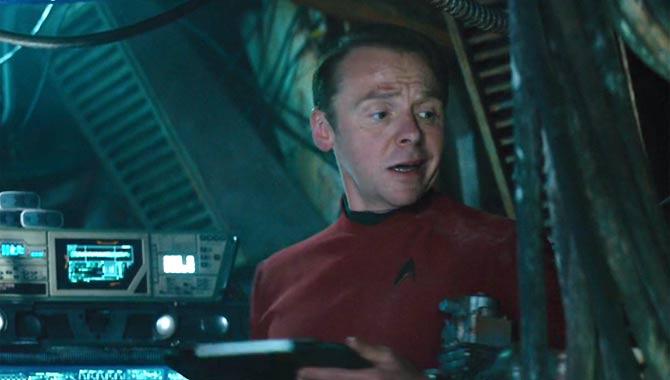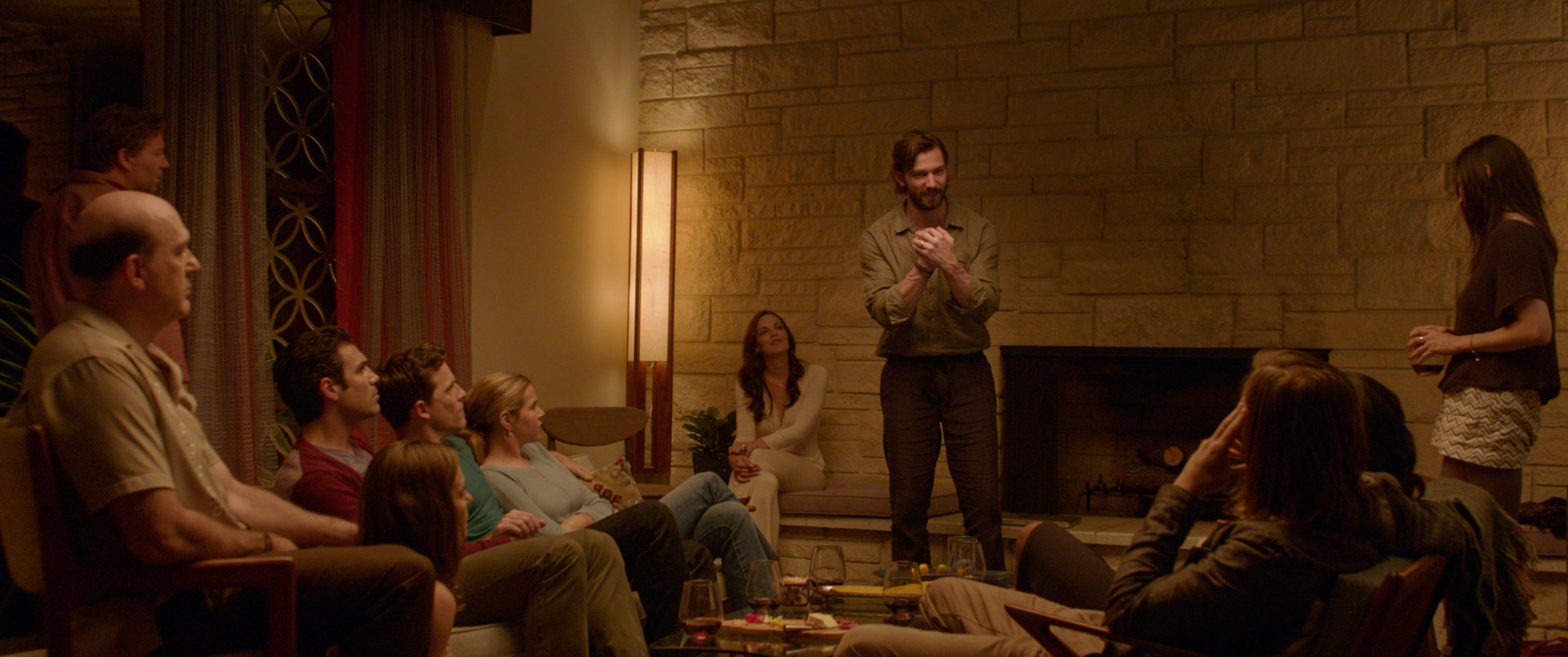Five years after Prometheus began the Alien prequel series, Ridley Scott returns with Alien: Covenant. The film picks up with an entirely new cast aboard the titular ship, this time a colonization vessel headed to a far-off target. It is operated by an android named Walter (Michael Fassbender; Shame) until an electrical storm requires him to wake the crew from stasis. As they work on repairs, the ship picks up a transmission from a nearby planet that appears to be a viable candidate for their new colony. The crew seize the opportunity to start their new lives early and dispatch a team to investigate. This leads them to David, the android from Prometheus (also played by Fassbender), curiously alone on the planet,
Fassbender is again the highlight of the film. His performance in the dual role is able to distinguish the two android iterations in very subtle ways. The differences in regard for others, self-preservation, and thinking process all convey the slight reduction in Walter’s humanity and the effect it has on his behavior. Furthermore, the androids provide the biggest source of thematic allegory in the film. There are several biblical allusions, both overt and subtle, throughout the story, but David and Walter as Cain and Abel is a fitting comparison, particularly given David’s own obsession with creation. As the two interact and David examines Walter’s consciousness, the film recalls Scott’s own Blade Runner. The line between independence and subservience becomes a compelling question but is unfortunately only barely touched upon.
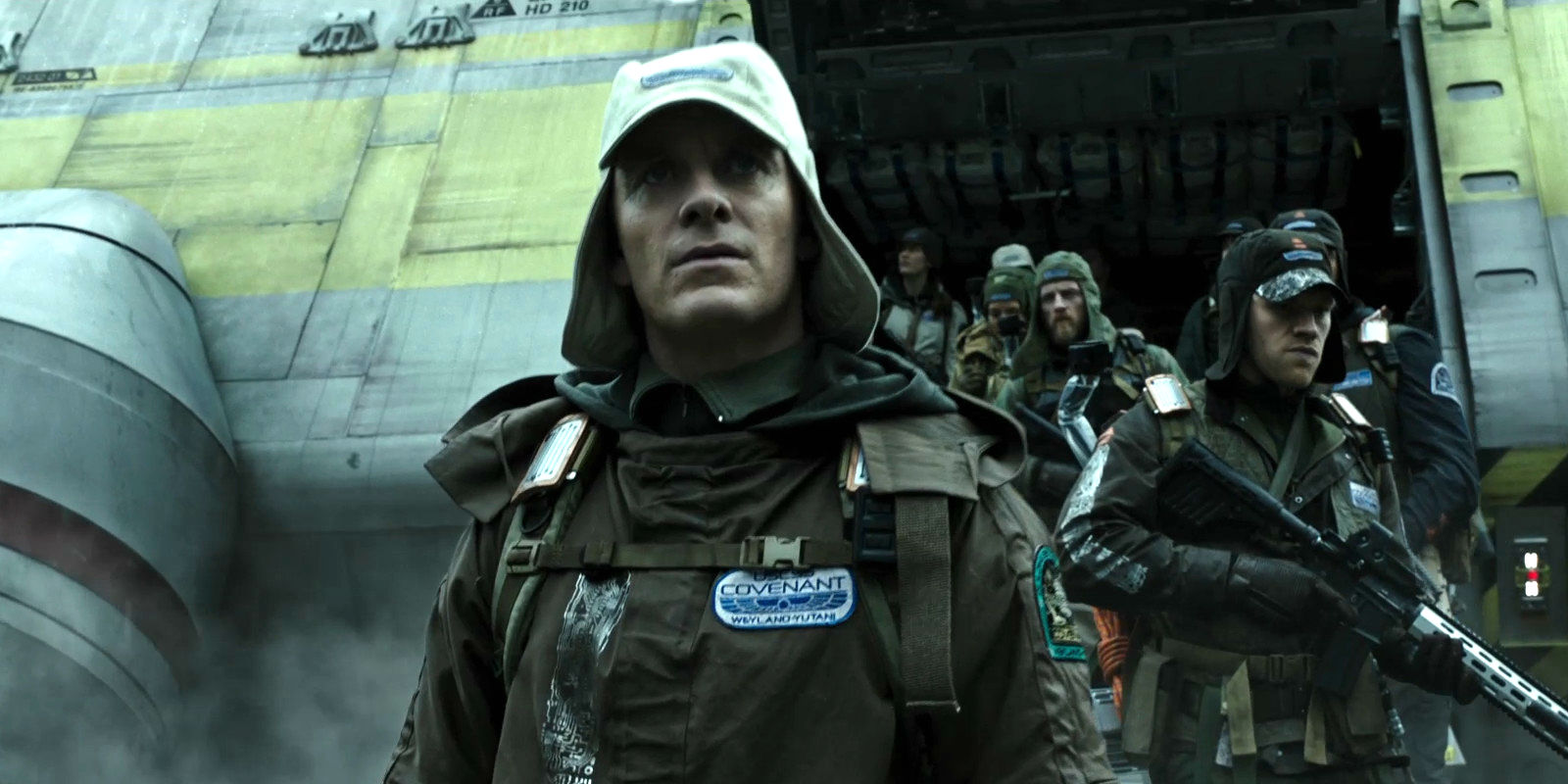
The major problem with Alien: Covenant is that it devotes too much effort to not being Prometheus. The first Alien prequel had such a vitriolic backlash that it is understandable why Scott would prioritize placating franchise fans, but in doing so he prevents Covenant from having an identity of its own. As flawed as Prometheus was, with its characters acting in nonsensical ways, it had a distinct feel from the main Alien films. It was about big ideas, like the origin of life itself, and had huge set pieces as opposed to the narrow corridors of the early Alien films. The hook of the film, humanity meeting its creators, justified the expedition and the risks it required.
In contrast, Covenant feels like an unnecessary side story. The new cast checks the boxes of an Alien film, but isn’t relevant to the greater fiction. The film can’t compete with Prometheus in terms of its narrative thrust and gorgeous, sprawling sets but also can’t rival the high-strung horror tension of Alien. It even continues the problem of characters making obviously stupid mistakes. They take enormous risks with little caution and without the potential reward to rationalize their decisions which makes the consequences they suffer bring little sympathy. Even when their actions are valid, most of the cast is still inconsequential to the series which gives the audience little reason to invest in them. Without a distinctive personality or greater franchise implications, Alien: Covenant can’t help but feel like Scott is treading water until the next prequel which will hopefully bring the franchise into new, more inspired territory.

3/5 stars.
